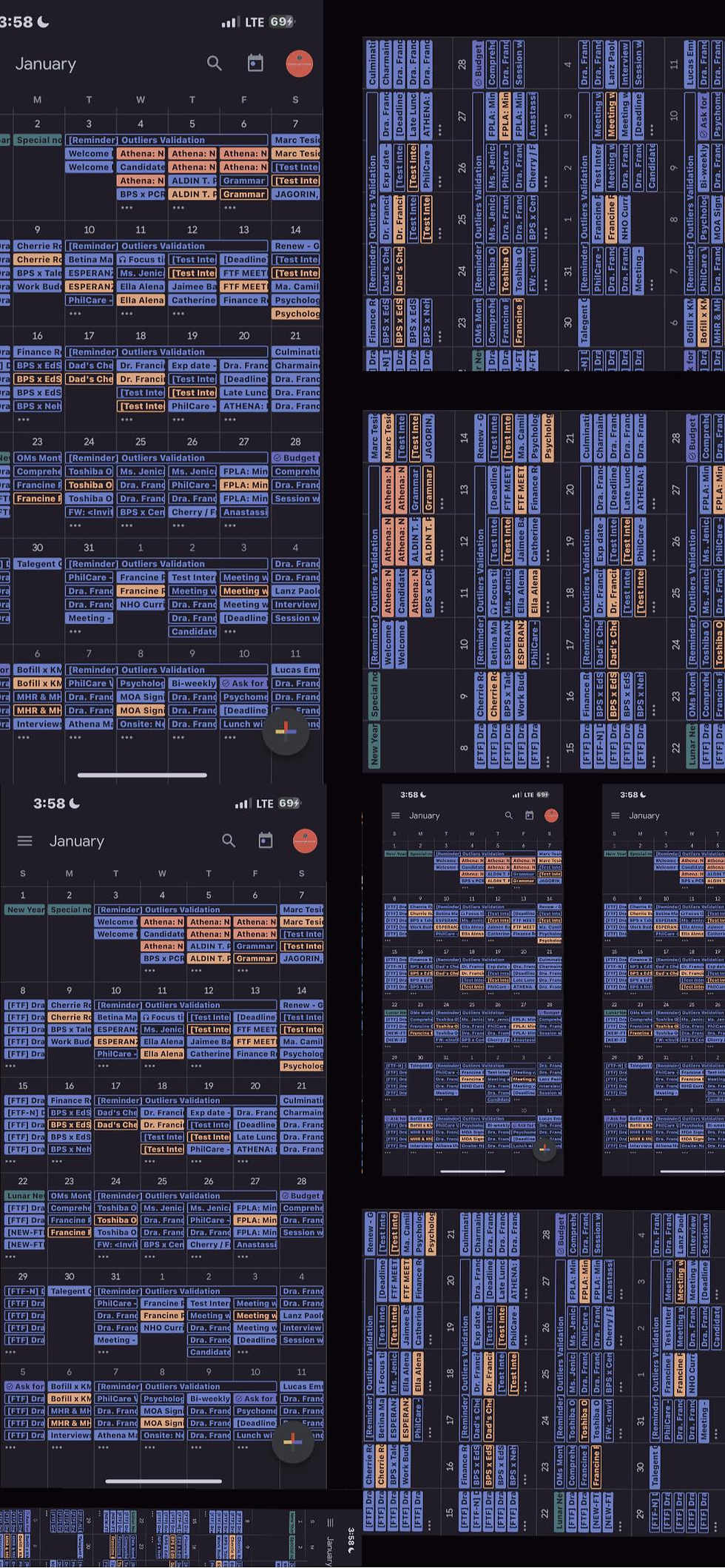“Vulnerability is NOT Equal to Weakness.”
- Ella Andres
- Nov 10, 2021
- 2 min read
Updated: Nov 17, 2021
All of us have vulnerability no matter how hard we try to avoid it. We are born vulnerable, and we remain so throughout our childhood. Our attachment to vulnerability is something we hold dear as children but abandon as adults. We naturally want to be in control of ourselves once we've grown out of the childhood stage, and we become conditioned to hide our feelings from time to time. We learn to suppress our emotions because when we become vulnerable, a part of our self-control begins to vanish, and this is something that most of us are afraid of. We are concerned that expressing certain feelings may lead to judgment and the assumption that we are unable to control our emotions. As a result, we try to keep our grief, anxiety, frustration, and other negative emotions hidden (Raypole, 2020).
“Vulnerability is not winning or losing; it’s having the courage to show up and be seen when we have no control over the outcome. Vulnerability is not weakness; it’s our greatest measure of courage,” Brené Brown, a research professor, and author, supports this in her book Rising Strong.
But little did we know that being vulnerable may be one of life's greatest triumphs. Consider it a jumbled crossword puzzle on the floor. Some may argue that the puzzle is unfinished because the pieces are littered across the floor. However, by putting them together, you can complete the picture. This should be the central theme of our lives. Instead of disowning our broken bits and refusing to try to put them back together, we should own them and work to put them back together.
Our brain's principal purpose is to keep us safe. Our mind hates vulnerability because of the possibility of being hurt. (Fahkry, 2018).
Ripping down all the emotional barriers you've built up over the years, and being open about yourself, your strengths and weaknesses are terrifying. Nevertheless, it is preferable to have loved and lost than to have never loved at all. Therefore, being vulnerable is the bravest and compassionate thing we can do in life. It reintroduces love, hope, and faith into your life, as well as to other people. (Schawbel, 2013). Moreover, each of us has different pain thresholds. If left unchecked, it will become inflamed and take control of our intrapersonal and interpersonal relationships. Therefore, if we want to live a good life, we must accept our vulnerability. Even the smallest act of lowering our guard is a commitment to our growth.
Life may be quite overwhelming at times, and we may feel as if we can't take it anymore, but remember that it's okay not to be okay. We're all human, and we're supposed to feel things. You are never wrong to express your feelings, and ever let anyone make you feel weak and worthless for being vulnerable because no one can judge your feelings but you.
References:
Fahkry, T. (2018). How To Embrace Vulnerability As Your Greatest Strength. Medium. Retrieved from https://medium.com/the-mission/how-to-embrace-vulnerability-as-your-greatest-strength-d2ac2b 80ba52
Napior, T. (2020). Here is Why It’s Okay to Cry. Medium. Retrieved from https://medium.com/mystic-minds/here-is-why-its-okay-to-cry-556ad32f3ee0
Raypole, C. (2020). It’s Tempting to Mask Your Emotions, but It Won’t Do You (Or Anyone Else) Any Favors. Healthline. Retrieved from https://www.healthline.com/health/mental-health/hiding-feelings#why-its-done.
Schawbel, D. (2013). Brene Brown: How Vulnerability Can Make Our Lives Better. Forbes. Retrieved from https://www.forbes.com/sites/danschawbel/2013/04/21/brene-brown-how-vulnerability-can-mak e-our-lives-better/?sh=66e3c53936c7




Comments